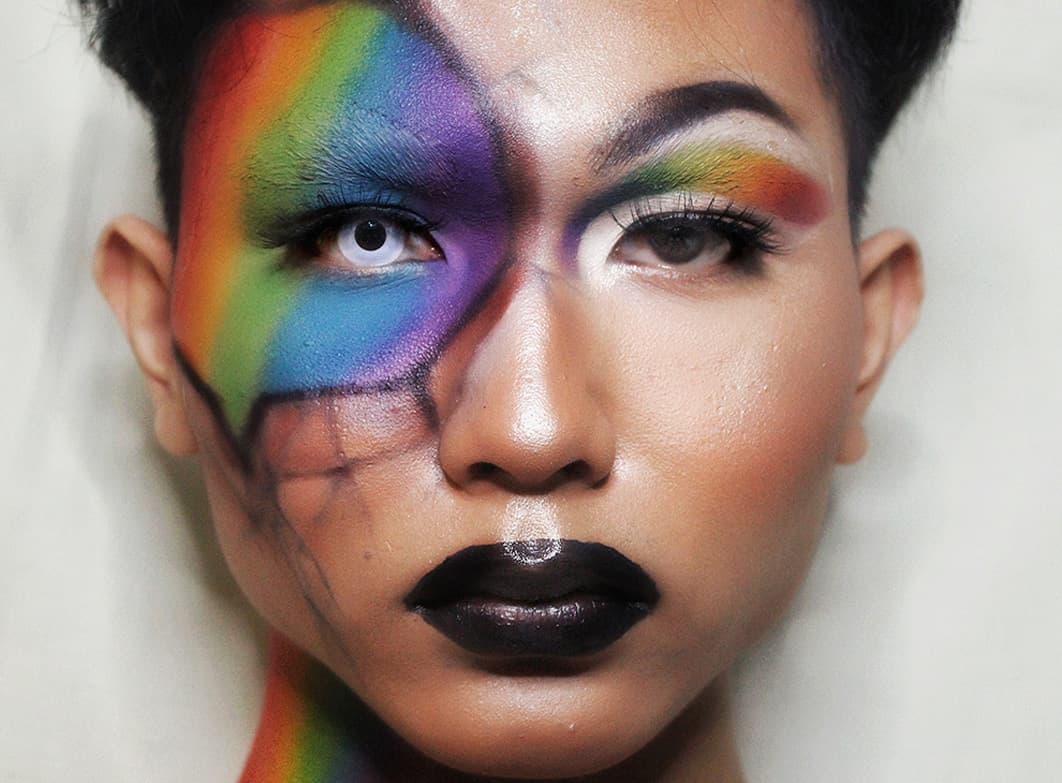

The Hypersexualisation of Trans Femmes
The problem is not being a trans woman; the problem being objectified by men… By Cassandra Roxburgh
March 9, 2022


The problem is not being a trans woman; the problem being objectified by men… By Cassandra Roxburgh